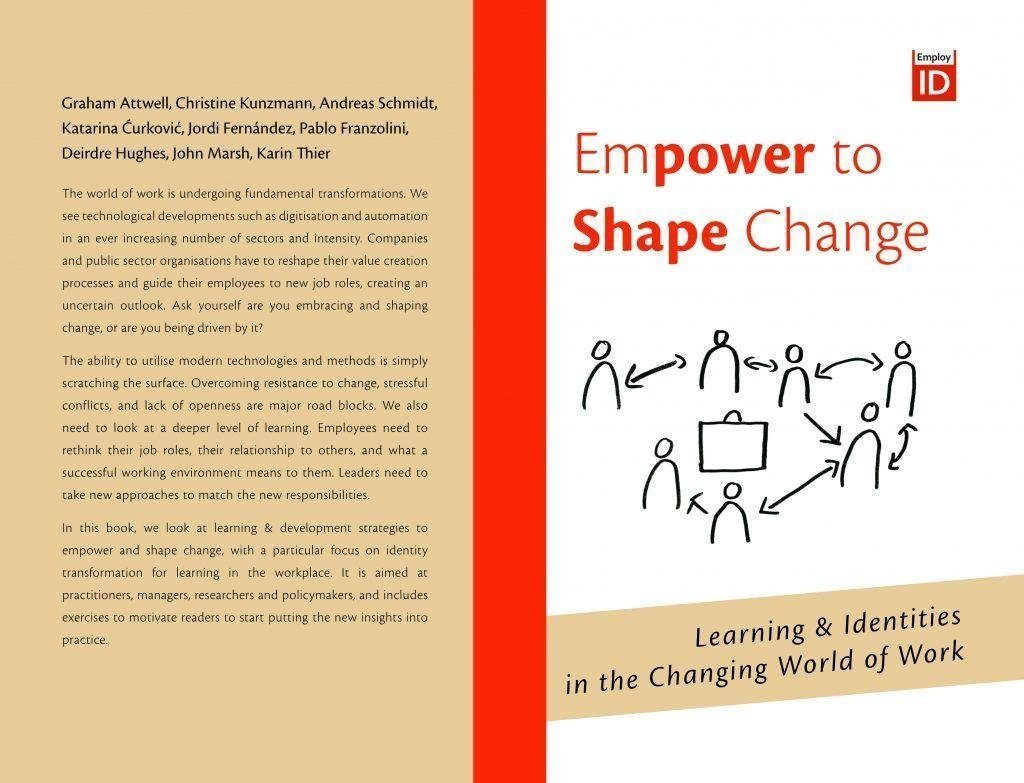Stray thoughts on teaching and learning in the COVID 19 lockdowns

artpolka (CC0), Pixabay
I must be one of the few ed tech bloggers who has not published anything on the move to online during the COVID 19 lockdowns. Not that I haven’t thought about it (and I even started several posts). However it is difficult to gauge an overall impression of what has happened and what is happening (although I am sure there will be many, many research papers and reports in the future) and from talking with people in perhaps six or seven countries in the past few weeks, there seem to be contradictory messages.
So, instead of trying to write anything coherent here are a few stray and necessarily impressionistic thoughts (in no particular order) which I will update in the future.
Firstly, many teachers seem to have coped remarkably well in the great move to online. Perhaps we have over stressed the lack of training for teachers. Some I talked too were stressed but all seemed to cope in one way or another.
However digital exclusion has reared its ugly head in a big way. Lack of bandwidth and lack of computers have prevented many from participating in online learning. Surely it is time now that internet connectivity is recognized as a key public infrastructure (as the UK labour Party proposed in their 2019 manifesto). And it also needs recognising that access to a computer should be a key provision of schools and education services. Access to space in which to learn is another issue – and not so easy to solve in a lockdown. But after restrictions are lifted in needs remembering that libraries can play an important role for those whose liv9ng space is not conducive to learning.
One think that has become very clear is the economic and social role schools play in providing childcare. Hence the pressure from the UK government to open primary schools despite it being blatantly obvious that such a move was ill prepared and premature. I am not sure that the provision of childcare should not be a wider service than one of education. And maybe it has become such a big issue in the UK because children start in school at a very young age (compared to other countries in Europe) and also have a relatively long school day.
There is a big debate going on in most countries about what universities will look like in the autumn. I think this raises wider questions about the whole purpose and role of universities in society. At least in theory, it should be possible for universities to continue with online learning. But teaching and learning is just one role for universities. With the move to mass higher education in many countries going to university has become a rite of passage. Thus in the UK the weight attached to the student satisfaction survey and the emphasis placed on social activities, sports and so on. And this is a great deal of what the students are paying for. Fees in UK universities are now £9000 a year. The feeling is that many prospective students will not pay that without the full face to face student experience (although I doubt many will miss the full face to face lectures). I also wonder how many younger people will start to realise how it is possible to get an extremely good on line education for free and one thing during the lock down has been the blossoming of online seminar, symposia, conferences and to a lesser extent workshops).
Which brings me to the vexed subject of pedagogy. Of course it is easy to say that with the full affordances of Zoom (and whoever would have predicted its popularity and use as an educational technology platform) all we have seen is lectures being delivered online. Online teaching not online learning. I am not sure this is a good dichotomy to make. Of course a sudden unplanned forced rush to online provision is probably not the greatest way to do things. But there seems plenty of anecdotal evidence that ed-tech support facilitated some excellent online provision (mention also needs to be made on the many resources for teachers made available over the internet). Of course we need to stop thinking about how we can reproduce traditional face to face approaches to teaching and earning online and start designing for creative online learning. But hopefully there is enough impetus now for this to happen.
More thoughts to follow in another post and hopefully I can get some coherent ideas out of all of this


